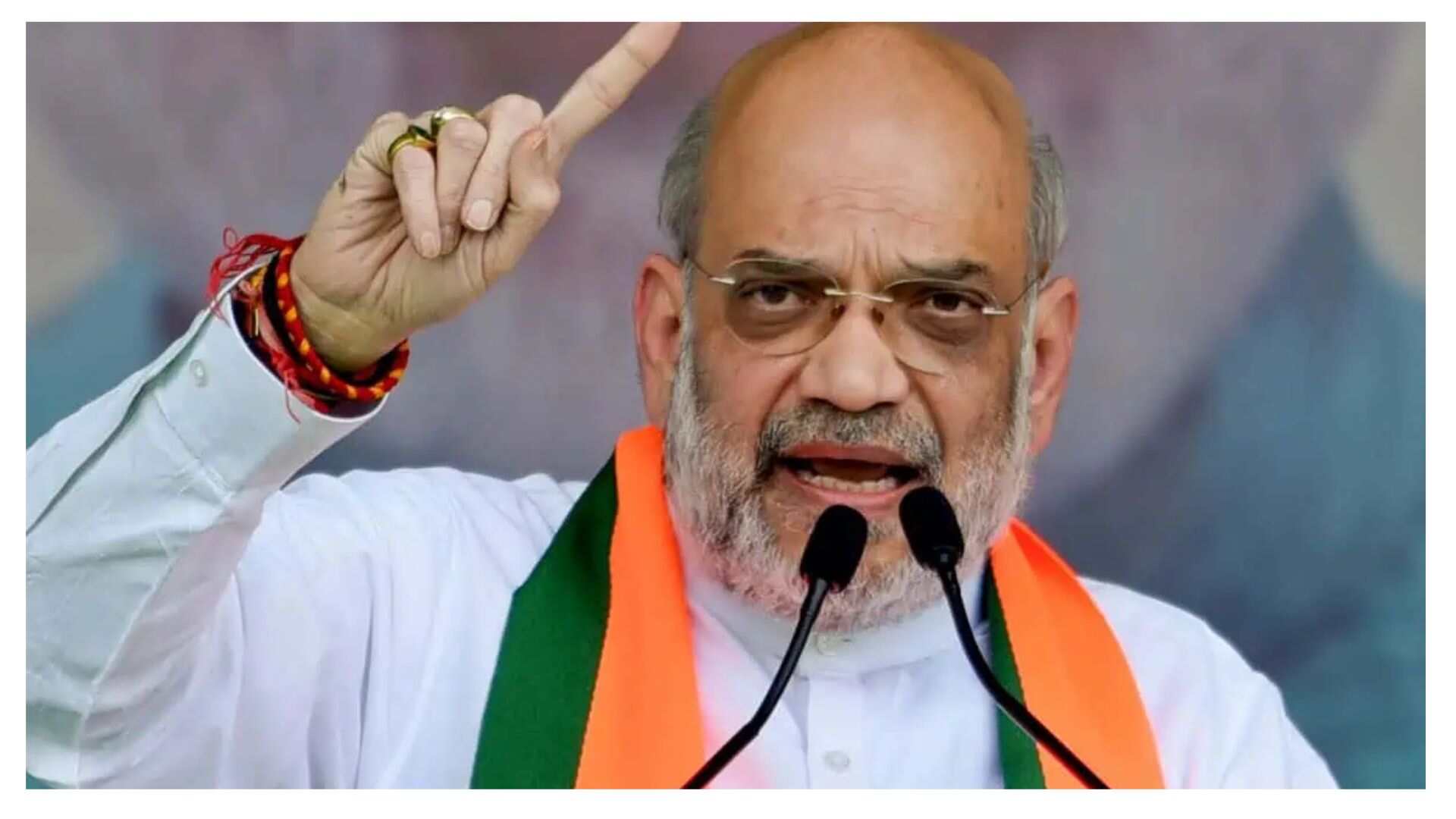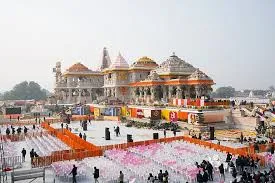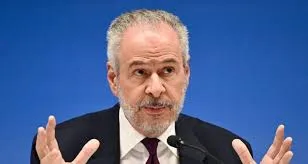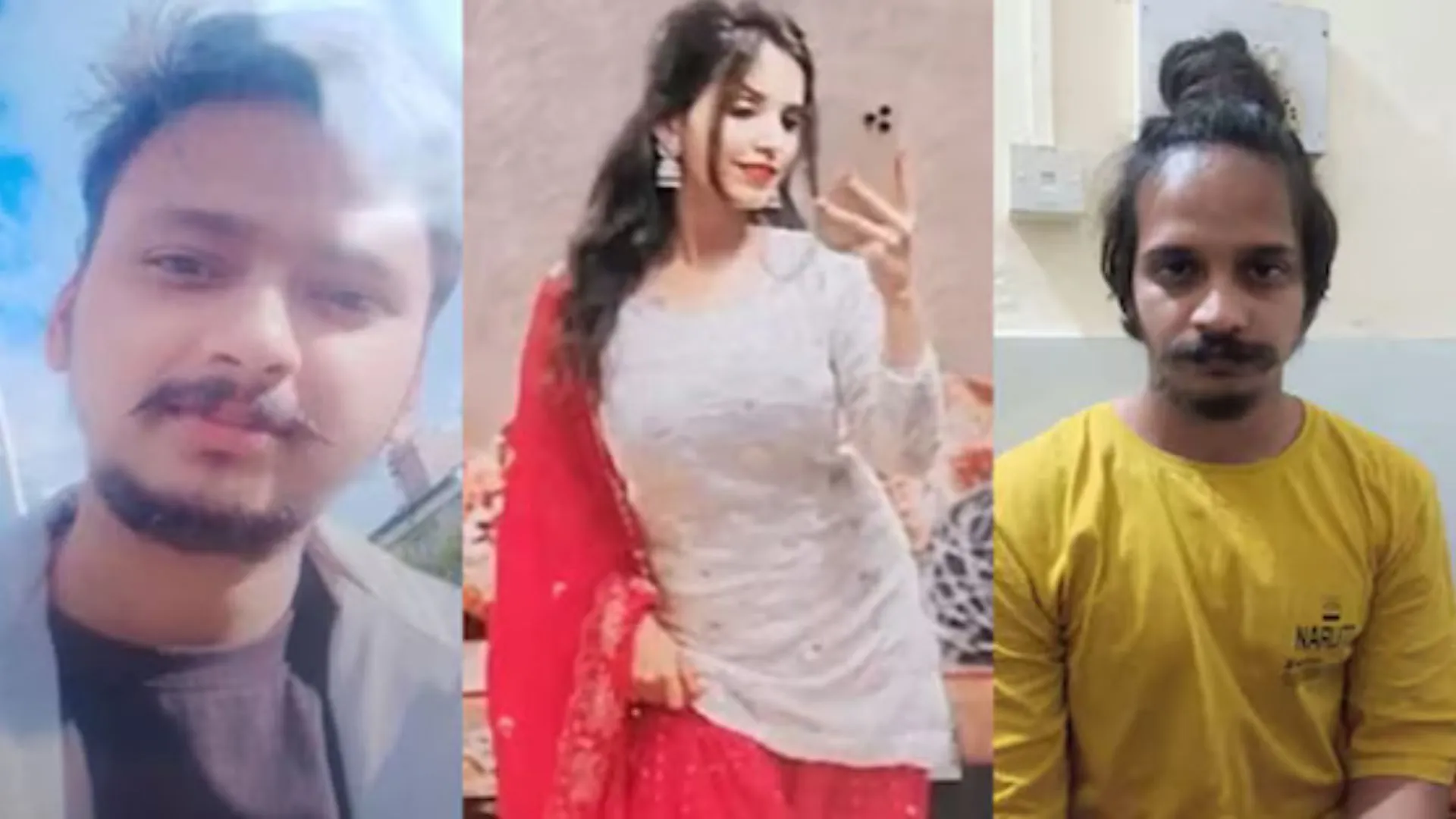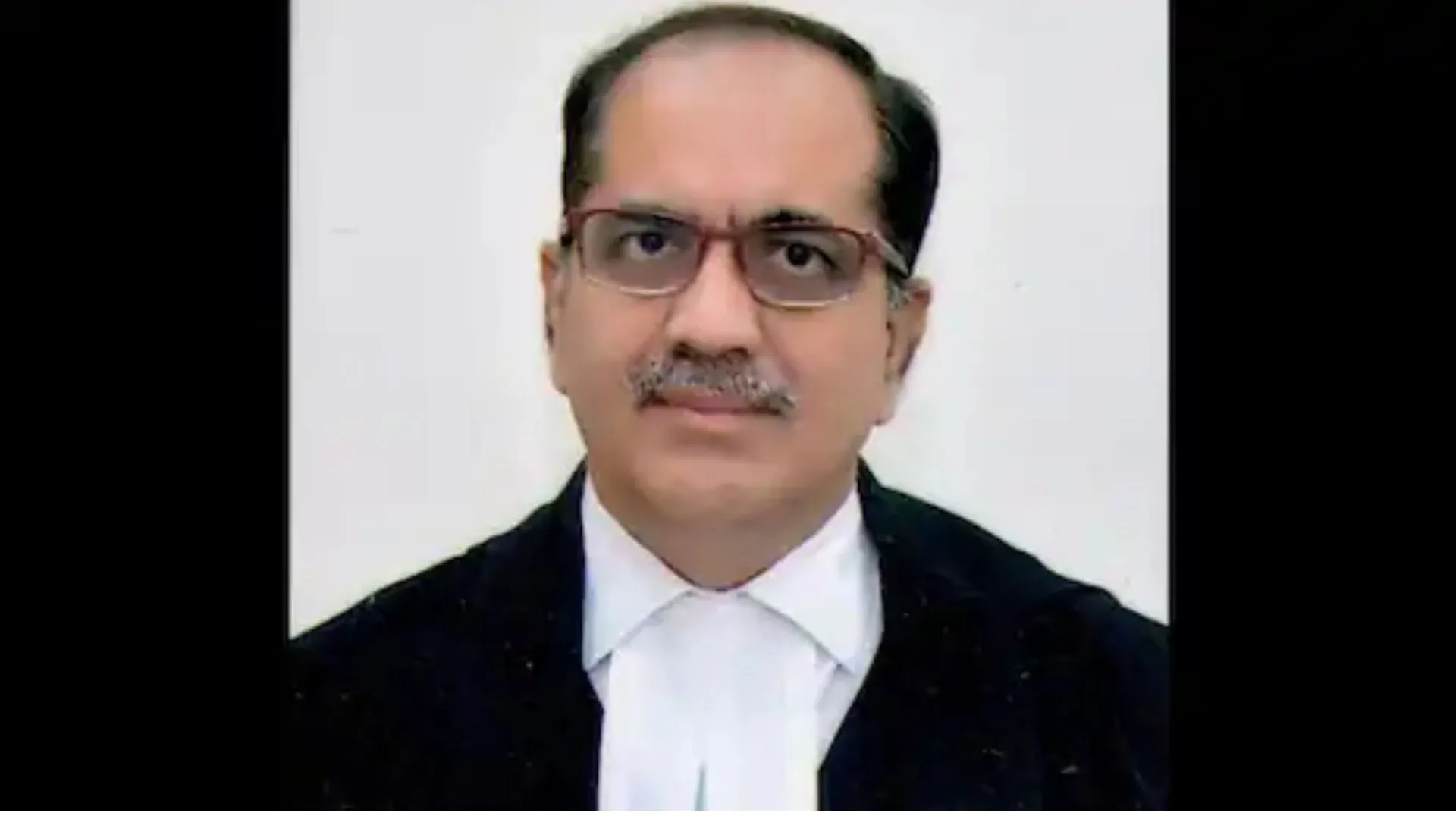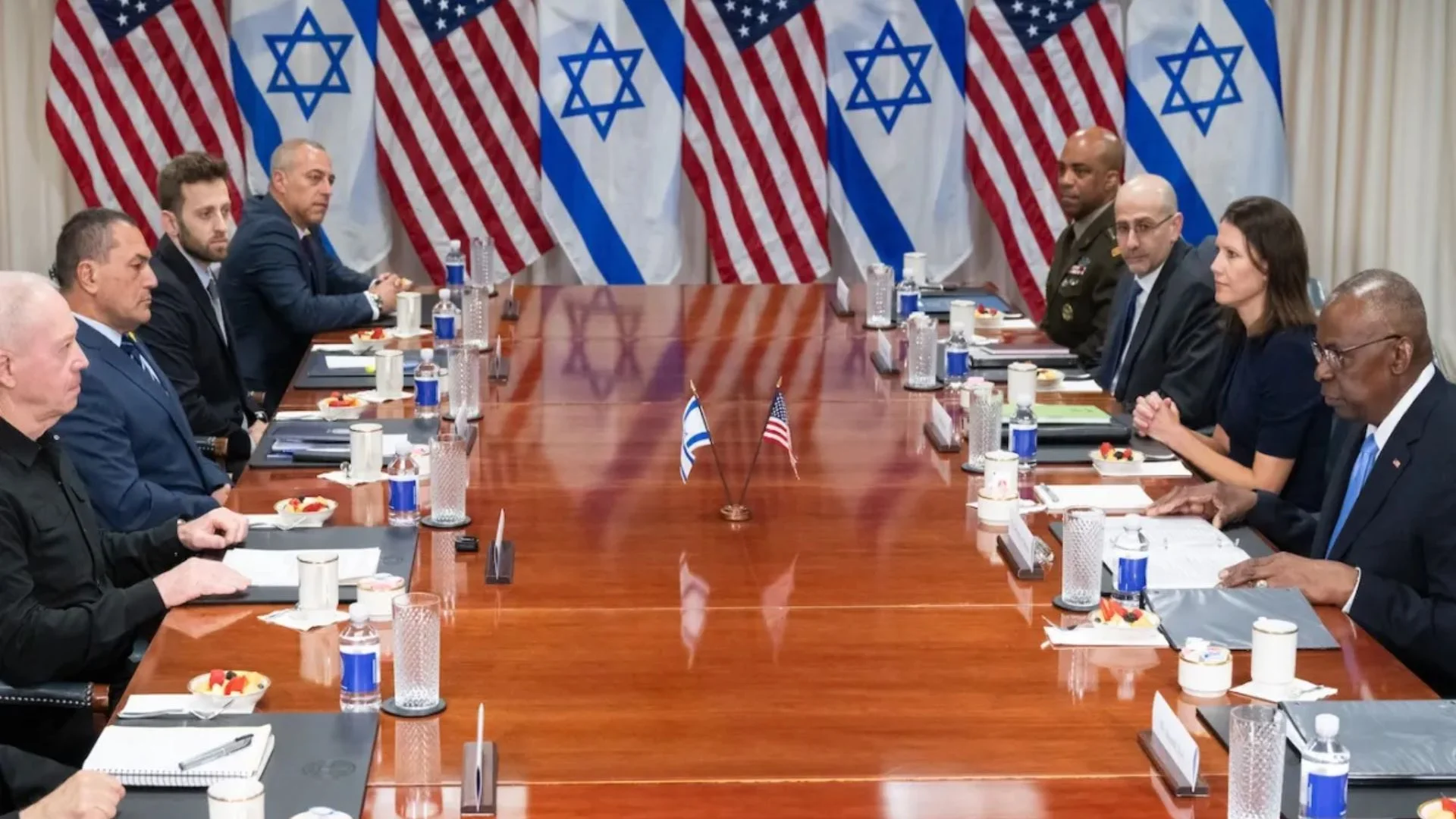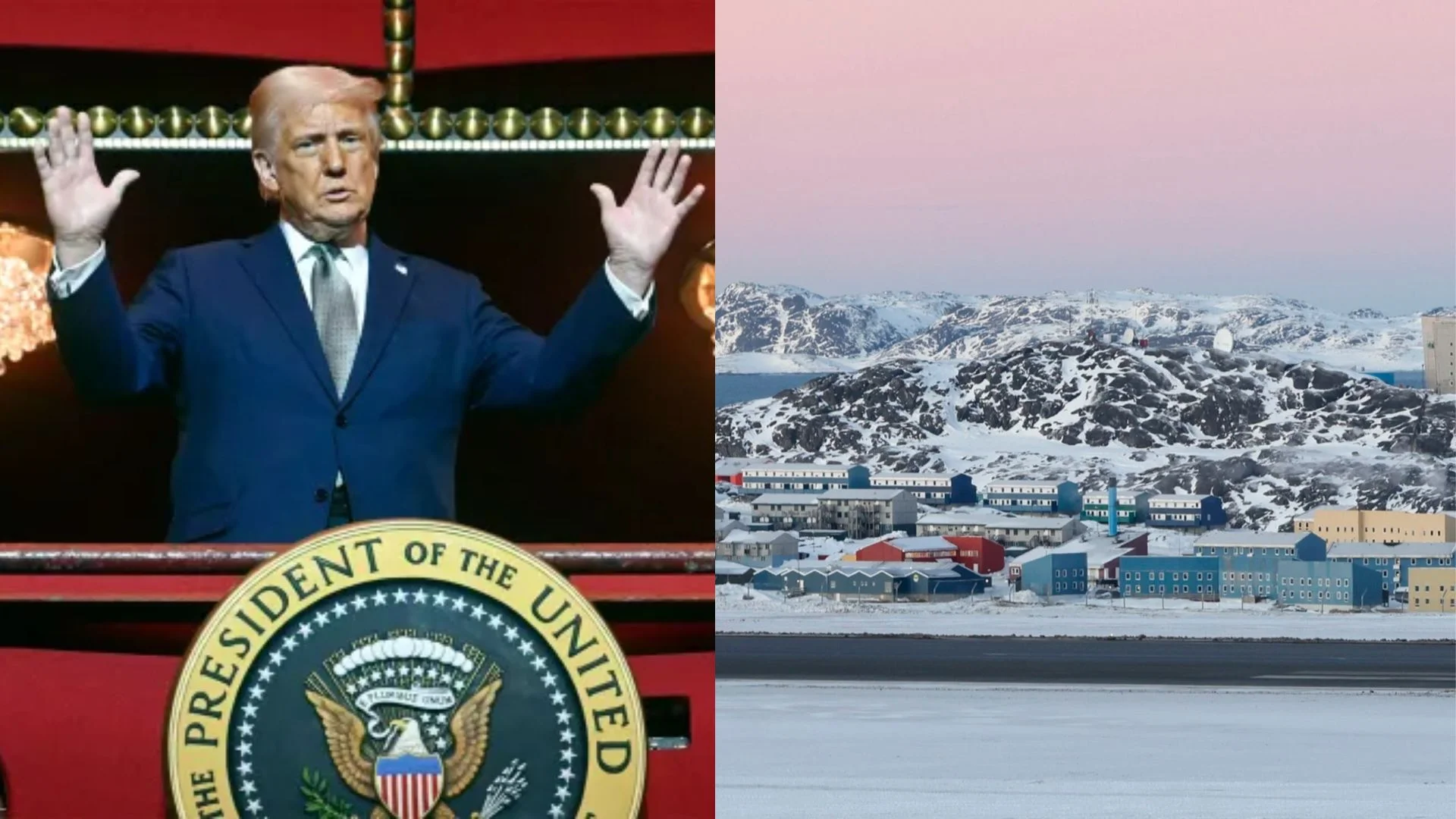Union Home Minister Amit Shah is set to evaluate the security situation in Jammu and Kashmir on Sunday following recent terror attacks. He will also review preparations for the annual Amarnath pilgrimage, which starts on June 29.
According to sources, Shah will provide broad guidelines to intensify counter-terror operations. This high-level meeting follows Prime Minister Narendra Modi’s directive to deploy the “full spectrum of counter-terror capabilities” after recent terror incidents, including an attack on a bus carrying pilgrims.
The meeting will include National Security Adviser Ajit Doval, Lieutenant Governor of Jammu and Kashmir Manoj Sinha, Army Chief General Manoj Pande, Army Chief-designate Lt. General Upendra Dwivedi, Union Home Secretary Ajay Bhalla, Director of Intelligence Bureau Tapan Deka, Director General of CRPF Anish Dayal Singh, Director General of Jammu and Kashmir Police R R Swain, and other senior security officials.
Shah will be briefed on the security situation in Jammu and Kashmir, force deployment along the International Border and Line of Control, infiltration attempts, ongoing anti-terror operations, and the presence of terrorists in the Union Territory. He will provide broad guidelines for immediate action by security agencies in line with the prime minister’s directive.
Recently, terrorists attacked in Reasi, Kathua, and Doda districts, killing nine pilgrims and a CRPF jawan, and injuring several security personnel and others. Two suspected Pakistani terrorists were killed in an encounter in Kathua, and a large quantity of arms and ammunition was recovered.
The incidents precede the annual Amarnath pilgrimage in the south Kashmir Himalayas, beginning June 29 and continuing until August 19. Last year, over 4.28 lakh pilgrims visited the shrine, and this year the number could reach five lakh. All pilgrims will receive RFID cards for real-time location tracking and a Rs 5 lakh insurance cover, while animals carrying pilgrims will be insured for Rs 50,000.
Shah is expected to emphasize smooth arrangements from the airport and railway station to the pilgrimage base camp and ensure the security of all pilgrims. Last year, Shah directed officials to stock adequate oxygen cylinders, ensure additional medical teams, provide medical beds, and deploy ambulances and helicopters for emergencies.
In response, a better communication system on pilgrimage routes was established, and machines were deployed to clear routes immediately in case of landslides.
On Friday, Shah was briefed by ministry officials, the Intelligence Bureau, and other security agencies about the situation in Jammu and Kashmir and measures taken following the terror incidents.
On June 13, PM Modi discussed security force deployment and counter-terror operations with Shah and Jammu and Kashmir Lt. Governor Manoj Sinha. Sinha updated him on local administration efforts. In the meeting, Modi received a comprehensive overview of the security situation and counter-terror efforts.
A search operation is underway to track down and neutralize terrorists after the June 9 attack on the bus carrying pilgrims. Security forces launched a search operation in Kathua’s Saida Sukhal village following information about two more terrorists. An over 15-hour operation in the village resulted in the deaths of two suspected Pakistani terrorists and a CRPF jawan.
Police released sketches of four terrorists involved in two attacks in Doda district and announced a Rs 20 lakh reward for information leading to their arrest. In Reasi district, where terrorists attacked a pilgrims’ bus, police have detained 50 suspects and expanded the search to remote areas.
Police have urged Jammu region residents to be vigilant about suspicious individuals and objects following intelligence inputs suggesting a terror threat in parts of Rajouri and Jammu districts.
Jammu and Kashmir Additional Director General of Police Vijay Kumar recently directed security forces to enhance existing security infrastructure, improve surveillance tactics, and bolster personnel deployment along the Amarnath pilgrimage routes. Kumar also called for deploying anti-sabotage teams along the routes to identify and neutralize potential terror threats.
He held a meeting with officers from the police, Army, Central Armed Police Forces, and other agencies to discuss overall security arrangements for the safe, smooth, and incident-free conduct of the Amarnath pilgrimage. Specialized forces like the National Disaster Response Force, State Disaster Response Force, and Snow and Avalanche Study Establishment may be utilized to map vulnerable points along the pilgrimage route for regular monitoring and enhanced safety measures.

